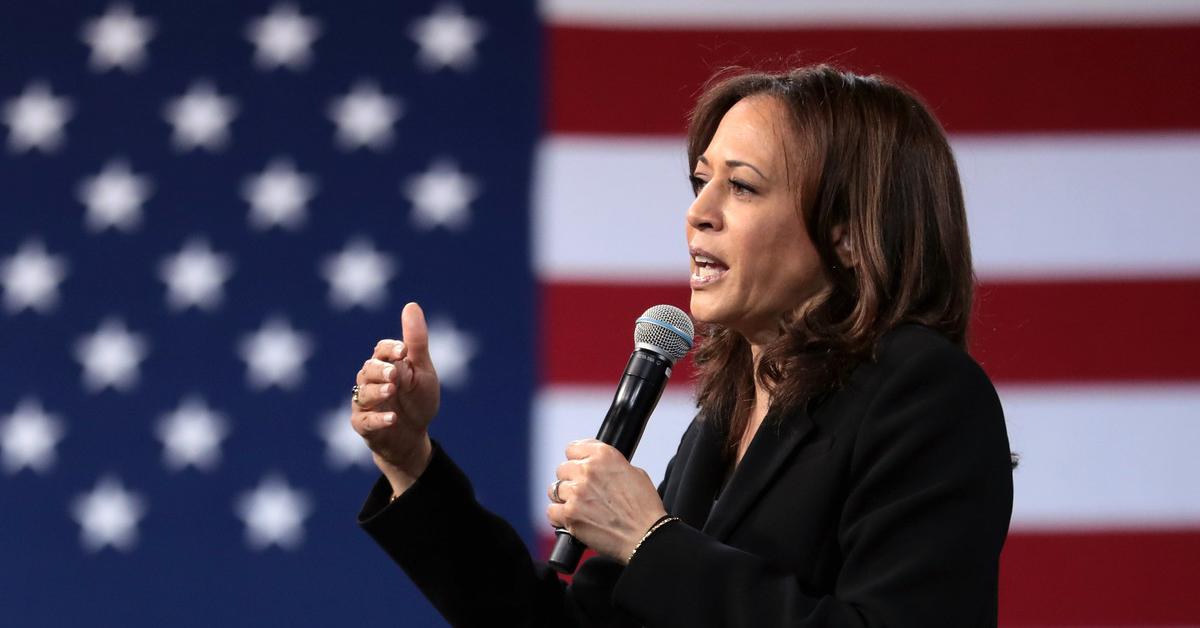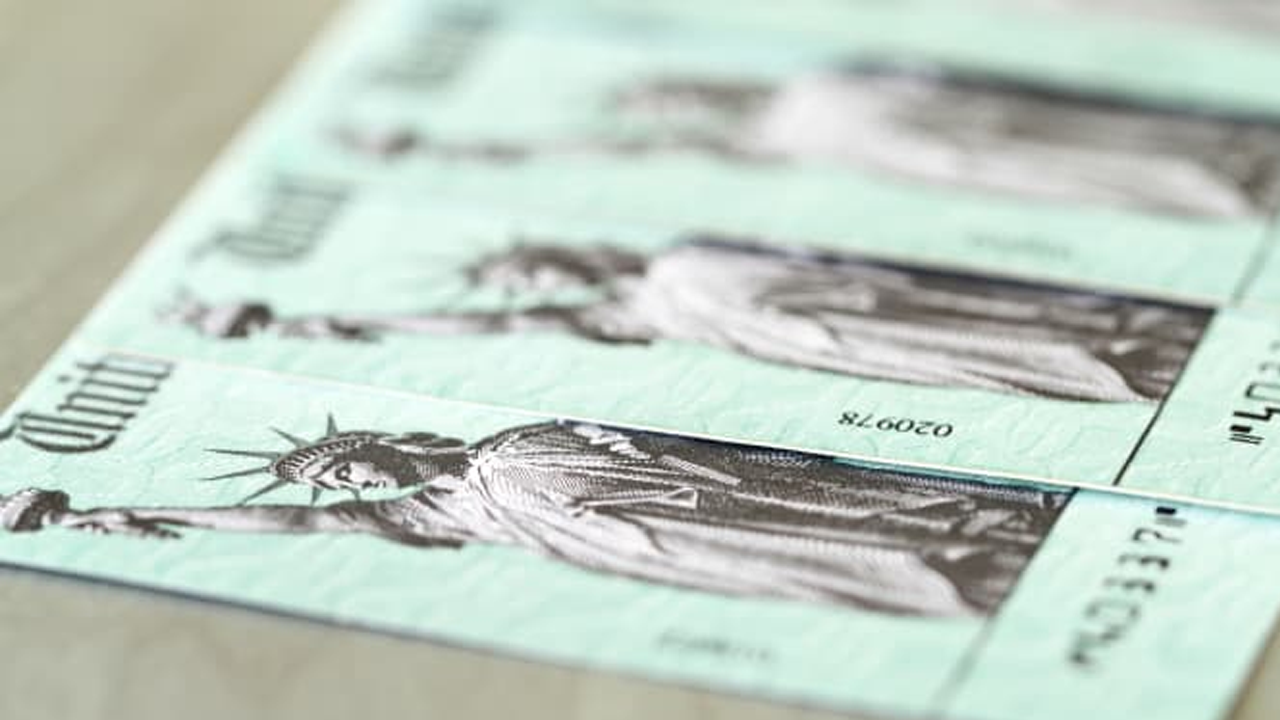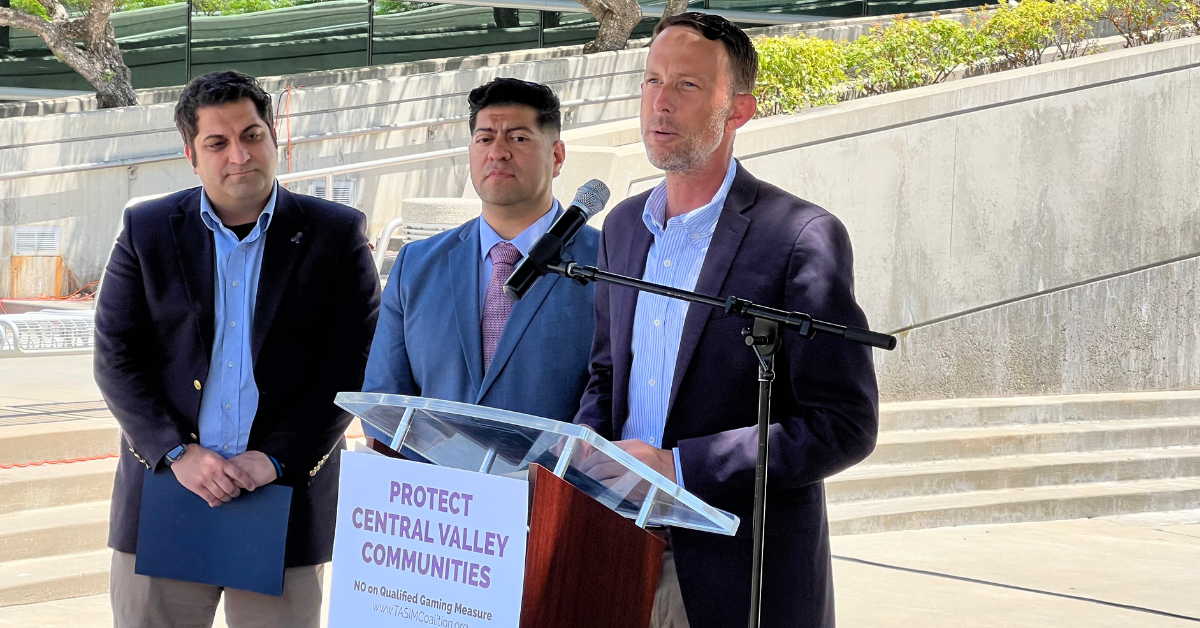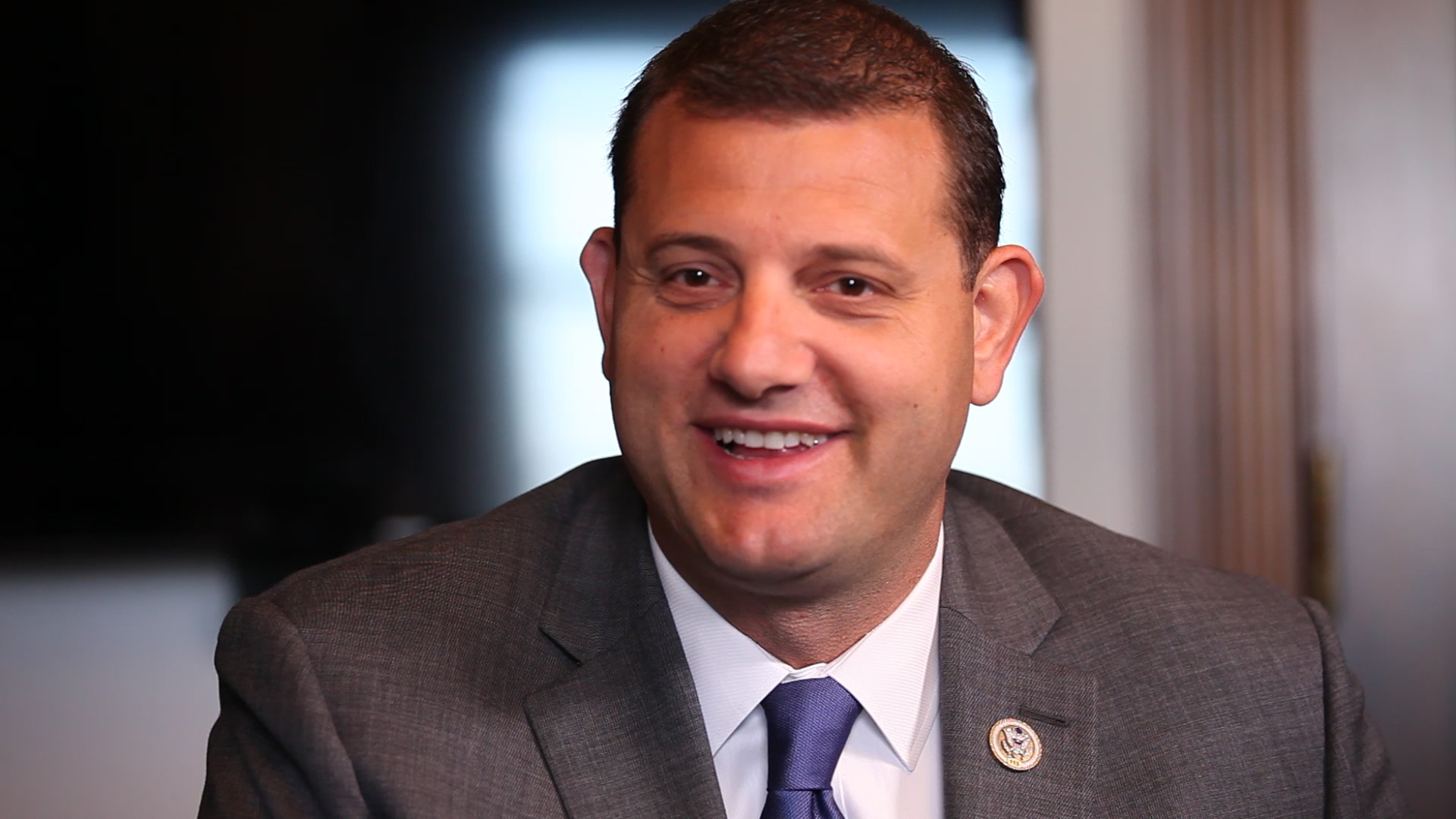A 1-cent sales tax hike may soon be hitting the residents of unincorporated Kern County.
Tuesday, Kern County’s Board of Supervisors began talks on Tuesday of possibly adding this tax increase on the November ballot that would apply only to the county’s unincorporated areas and be overseen by a citizen’s committee.
With a similar measure being voted on with a majority ‘no’ vote four years ago, the board decided to leave it to the public’s decision come November to approve the proposal with a simple majority for unincorporated Kern voters. This was done with a 4-0 vote, having Supervisor Mike Maggard absent, which has staff members returning Tuesday with the ballot proposal.
This proposal was motioned by Supervisors Leticia Perez after the need for “self-determination” to stabilize Kern’s general fund and improve local public services was needed, according to county officials and more.
Staff members then proceeded to provide a presentation on the declining revenue tax income since 2014.
With hesitations on increasing local taxes, board members held reservations to second the motion with skyrocketing inflation rates. But Supervisor Phillip Peters seconded Perez’s motion causing it to be approved.
While the motion was approved, there was still no indication whether the county will see this tax increase.
Alternately on the agenda, an item titled “presentation on community engagement efforts, identified needs and public service prioritization” was added for discussion at the meeting.
County staff led by Chief Administrative Officer Ryan Alsop walked board members through the results of public surveys relating to what voters are hoping to see in the next election regarding public service over the last two years.
Their top five priorities were public safety; mental health and addiction services for people who are homeless; roadwork; emergency medical response; and prevention of property crimes. Residents of Kern’s unincorporated areas stated that they were missing the breadth and depth of services available to people living in cities.
Following this evidence, staff depicting the decreasing county’s income from 2014 to present day, due to the initial drop in global oil prices which led to a sharp decline in Kern property tax revenues.
The oil industry’s prospects have continued to decline as the Newsom administration has targeted in-state oil production and the statewide tax exemption of utility-scale solar installations has taken away over $20 million of revenue for the county each year since.
The ultimate pitfall for the Golden Empire rests with its discretionary revenue, which has dropped 6 percent over the past seven years to roughly $392 million.
This accounts for roughly 12 percent of Kern County’s total budget.
Thirty-four of California’s 58 counties charge more than the state’s 7.25 percent sales tax to provide sufficient public services to their residents. Those that don’t, such as Ventura County, avoid charging a higher tax due to their strong, built-in tax revenues to support ample public services.
The blame, according to Alsop, belongs with Sacramento. He argued that California lawmakers continue levying unfunded mandates and other policies that cost Kern County nearly $500 million in the past seven years while simultaneously putting the oil and gas industry on a path toward being “regulated into extinction.”
County District Attorney Cynthia Zimmer was one of the few officials who supported the tax increase saying it’s imperative that Kern have money available to recruit and retain specialized staff.
Dave Nelson, president of the Kern County Firefighters Association, advocated for his group voicing that they are generally against raising taxes but that it can support the minor 1-cent sales tax proposal.
“We need to do something to address those (public services) issues,” he said. “We’re under the stranglehold of legislation that’s not going to go away.”
Peters hesitated from endorsing the idea of a sales tax increase, having several questions without any answers for staff. He said the voters should see what the county has done to address its needs short of raising more money from taxpayers.
He ended his remarks by stating, “I definitely understand the need, and I definitely want to do whatever we can to help support our public safety and our county.”
Supervisor David Couch held similar concerns but ultimately supported public safety as a main priority.











